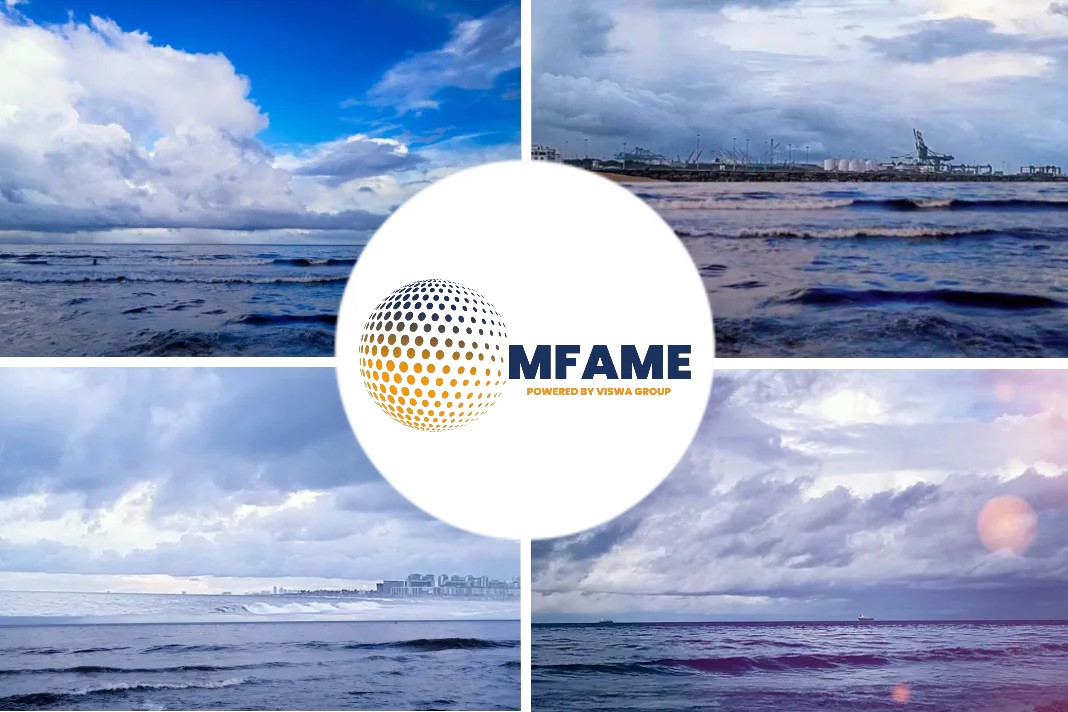The Maritime & Coastguard Agency has issued guidance on ship recycling requirements in relation to hazardous materials on ships, reports Gov.UK.
The Marine Guidance Note provides guidance and clarification on certain aspects of both the EU Regulation and the UK Ship Recycling Regulations.
Ship recycling regulations
The EU Regulation aims to prevent, reduce, minimize and, to the extent practicable, eliminate accidents, injuries and other adverse effects on human health and the environment caused by ship recycling.
It is designed to enhance safety, the protection of human health and of the marine environment throughout a ship′s life cycle; in particular, to ensure that hazardous waste from such ship recycling is subject to environmentally sound management.
The EU Regulation lays down rules to ensure the proper management of hazardous materials on ships.
The main purpose of the UK Ship Recycling Regulations is to establish the appropriate powers for survey and certification, inspection, enforcement and offences to give effect to the EU Regulation.
At the end of the UK’s transition period with the EU, the UK Ship Recycling Regulations retain the provisions of the EU Regulation within UK Law, to ensure that the UK Ship Recycling regime remains legally operable after 31st December 2020.
The UK Ship Recycling Regulations also give effect to the Northern Ireland Protocol, which allows the EU Regulation to continue to apply to ship recycling facilities in Northern Ireland as it has effect in EU law.
Applications
The UK Ship Recycling Regulations apply to all UK ships, excluding;
- Ships of less than 500 gross tonnage (GT);
- UK ships operating throughout their life only in UK waters; and
- Any warships, naval auxiliary, or other ships owned or operated by a state and used, for the time being, only on government non-commercial service.
Inventory of Hazardous Materials (IHM)
The following provision will apply from 1st January 2021:
- The requirement for all UK ships which fall within the scope of the UK Ship Recycling
Regulations, is to develop and hold a verified IHM. During the operational life of the ship the IHM only needs to cover ‘Part I’, the hazardous materials contained in the structure and equipment of the ship, which can be found in Annex I and II of the EU Regulation. - The IHM must be specific to each UK ship, and provide evidence that the ship complies with the prohibition or restriction on installing or using hazardous materials in accordance with Article 5 of the EU Regulation, and be compiled taking into account relevant EU and IMO guidelines. The IHM must be maintained and updated throughout the operational life of the ship. More information on producing an IHM can be found in the guidance produced by the European Maritime Safety Agency which can be found here and in the 2015 IMO Guidelines for the Development of the Inventory of Hazardous Materials (Resolution MEPC.269(68)) which can be found here.
- The IHM can be developed by the ship owner or a specialist company can be used. However, it is a statutory requirement that the IHM for UK ships must be verified by
a surveyor from a UK authorised Recognised Organisation (RO) or Maritime and
Coastguard Agency (MCA) surveyor. Once the IHM has been verified, an Inventory
Certificate (IC) will be issued. - If a UK ship is going for recycling, it will need to obtain an IHM beforehand, otherwise the ship will not be able to obtain the Ready for Recycling Certificate (RfRC) allowing it to go for recycling (further information can be found below in Section 9). In addition to Part I of the IHM, the ship will need to have Part II (the operational waste present on board the ship) and Part III (the stores present onboard the ship) of the IHM, before it can be recycled.
- From the 1st January 2021, UK flagged ships will be classed as third country ships by EU
member states. Therefore, EU member states may require UK ships which are subject to
EU Port State Control, to carry a Statement of Compliance (SoC) onboard, as required
under the EU Regulation. Consequently, UK flagged ships of 500GT and over, which are
subject to Port State Control at EU ports, may wish to carry a SoC in addition to an IC
onboard. - Affected ship owners/operators are advised to contact their ROs if they intend to carry a
SoC as advised. Owners/operators of UK ships which are not classed can also approach
any of the UK authorised ROs or their local Marine Office with regards to obtaining a SoC.
Did you subscribe to our daily newsletter?
It’s Free! Click here to Subscribe!
Source: Gov.UK



















